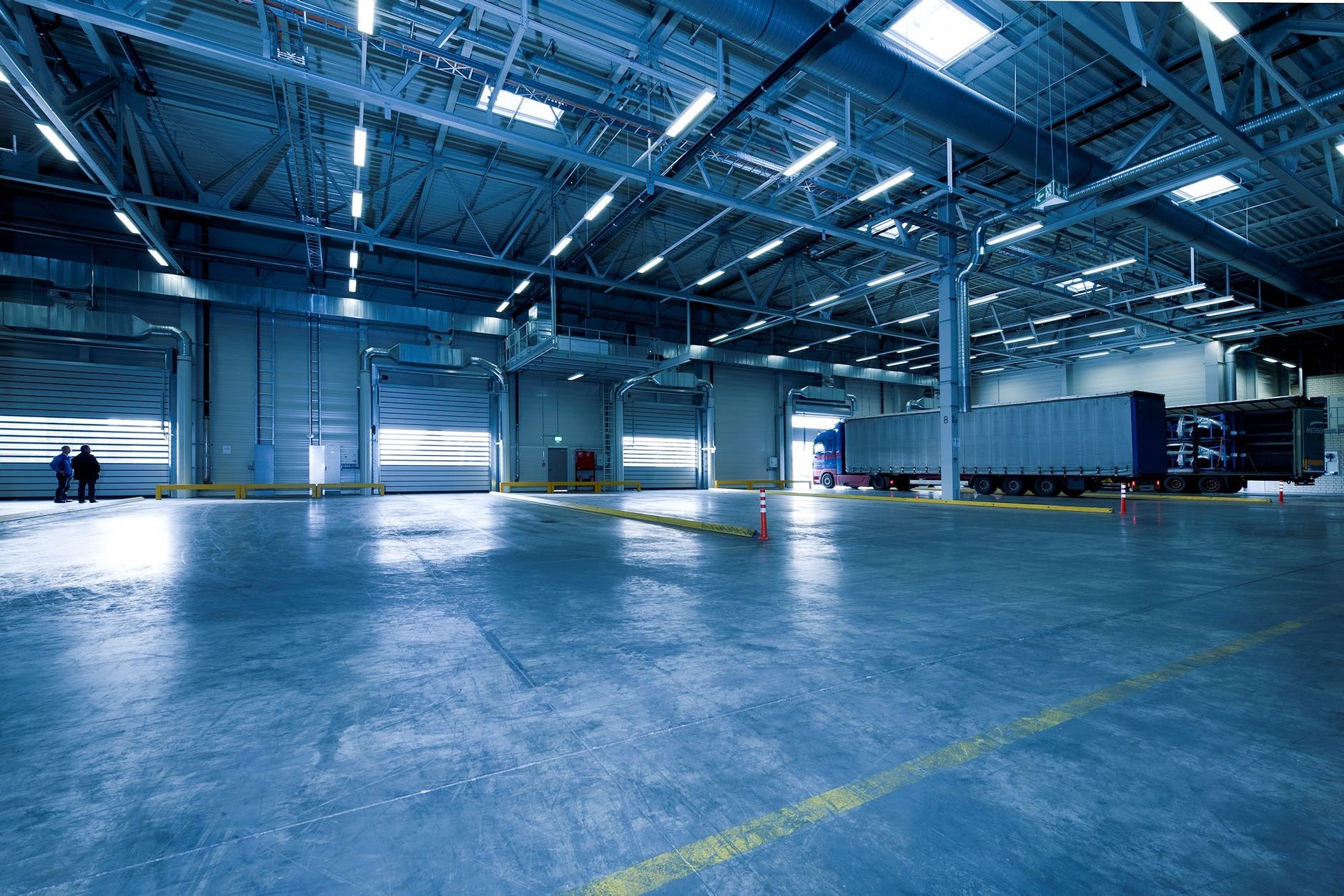Nick Leeder spoke to the Technology Record on how digitally driven value is transforming the world of manufacturing. Digital transformation has underpinned the manufacturing industry’s resilience amid unprecedented disruptions to supply chains, markets and operations in recent months.
This article was originally published in the Technology Record by Jaqui Griffths and can be found here.
Digital transformation has underpinned the manufacturing industry’s resilience amid unprecedented disruptions to supply chains, markets and operations in recent months. As companies look ahead, many are turning to cloud, artificial intelligence (AI) and the internet of things (IoT) to build a foundation for agile innovation, whatever the world throws at them.
“It’s been a challenging year for manufacturers, but also an exciting one, as they’ve been able to respond and adapt by accelerating their digital transformation journeys,” says Colin Masson, global industry marketing director, manufacturing at Microsoft. “The benefits of digitalisation are no longer questioned. It’s now about accelerating time to value and driving adoption at scale.”
Masson points to machining tools and tooling systems provider Sandvik Coromant as an example. It has combined human expertise with the compute power of Microsoft Azure IoT solution accelerators, Azure AI and Dynamics 365 for Field Service to create a real-time predictive analytics solution for manufacturers. By integrating all elements of the production flow – people, machines, tools and data – the company optimises processes, planning and predictive maintenance scheduling to help manufacturers avoid downtime. “Customers such as Sandvik Coromant have been digital leaders with their vision for product-as-a-service, and the pandemic has only accelerated the need for ‘always-on’ service to support hybrid work and frontline workers,” says Masson.
Food processing and packaging solution provider Tetra Pak is also a frontrunner in creating connected customer solutions while delivering on ambitious sustainability commitments. Azure IoT Hub, for instance, is at the heart of the company’s smart factories which drive sustainability across its whole organisation. Meanwhile, Azure IoT Edge devices are bringing advanced operational efficiency to Tetra Pak customers’ facilities around the world, with solutions for predictive maintenance and monitoring overall equipment effectiveness. One dairy producer in Europe has already saved approximately €55,000 by using the technology to detect and repair malfunctions before they cause unexpected downtime.
Manufacturing is an industry known for its early adoption of innovative technology, but each company’s transformation journey is unique. What they all share is a need to quickly scale out targeted capabilities when disruption hits, whether that means ensuring continuity of services while radically changing the way people work or creating new products to serve emerging customer segments.
When Röhm, the owner and manufacturer of Plexiglas, completed a carve-out from its parent company in 2019, it chose a cloud-first strategy with an inclusive platform approach. Röhm selected Microsoft 365 because it offers efficient solutions for data storage, processing and analysis that are ideal for both administration and manufacturing. As well as enabling customer-centric solutions, standardisation and automation, the approach also helps the company attract new generations of talent.
Just six months later as the pandemic caused lockdowns around the world, the company was faced with skyrocketing demand. Plexiglas screens became the lynchpin of hygiene concepts in supermarkets, government offices and the food service industry alongside its traditional uses in the automotive, electronics, and construction sectors. With a standardised infrastructure already set up to accommodate remote work, Röhm was quickly able to switch all its employees to work from home across time zones.
Masson sees opportunities for manufacturing firms to create new value through digital transformation, using a spectrum of technologies from mixed reality to digital twins. “The manufacturing industry has proven to be one of the earliest adopters of mixed reality technologies – across sales, service and on the shop floor – successfully leveraging mixed reality business applications like Dynamics 365 Remote Assist and Dynamics 365 Guides across discrete manufacturing, process manufacturing, automotive and more,” he says. “In addition, we believe we can accelerate innovation by empowering manufacturers to design, simulate, and validate sustainable products and processes using digital twins and the affordable, scalable power of the cloud.”
Cloud has proven itself as a foundation for this transformation, but in a market characterised by rapid disruption companies need to get up to speed fast. Announced in February along with other Industry Clouds, Microsoft is designing its Cloud for Manufacturing solution to help manufacturers at any stage of their transformation journey to accelerate time to value.
“Microsoft Cloud for Manufacturing is designed to support the core processes and requirements of the industry,” says Masson. “It is an end-to-end manufacturing solution that includes released and new capabilities that seamlessly connect people, assets, workflow, and business processes, empowering organisations to be more resilient. It brings together common data models, cross-cloud connectors, workflows, APIs, and industry-specific components and standards, with the breadth of Microsoft’s cloud services including Microsoft 365 and Teams, Azure, Microsoft Power Platform, Dynamics 365 and security solutions. Through this offering, we aim to empower companies to deliver value faster, adapt quickly to changing conditions, build for the future and do all of this with security at the core. It will provide an on-ramp to the broader portfolio of Microsoft cloud services, enabling customers to begin with the areas where the need for technology transformation is most urgent.”
Partner perspectives
Digital transformation is driving rapid innovation across the manufacturing industry. We asked selected Microsoft partners how they are helping manufacturers to create new value-added services, improve the customer experience and introduce fresh revenue streams. Below are extracts from their responses, which you can read in full from page 121 of the digital edition of the Summer 2021 issue of The Record.
Alyssa Putzer, marketing communications specialist at Metafile Information Systems, said: “MetaViewer Paperless Automation, integrated into Leeco Steel’s Microsoft Dynamics GP solution, allowed the company’s Accounts Payable and Accounts Receivable departments to automate their workflow, scan paper invoices, directly import electronic invoices, index them, route them for approval and archive them.”
Dan Finn, director of Strategic Accounts at Synergy Technical, said: “The Covid-19 pandemic and the rise of hybrid work models have led these organisations to rethink their business processes and to embrace a new way of working.”
Aniel Sud, chief technology officer at Optimizely, said: “By leveraging the strength, flexibility and security of Microsoft Azure to host our applications we’re able to assist our manufacturing customers by providing the ability to instantly scale when visitor traffic or order volumes spike, coupled with the assurance of knowing their sensitive customer data is safe.”
Melissa Topp, senior director of global marketing at ICONICS, said: “Since our early days, we have continued to work with Microsoft technology for the benefit of our shared manufacturing customers, integrating with multiple well-known Microsoft offerings such as Windows Server, SQL Server and Excel.”
Vance Harris, chief technology officer at Solgari, said: “Solgari is enabling manufacturers with a new business communication paradigm: meeting customers’ changing demands, optimising communication experiences for both customers and agents, and ensuring remote working effectiveness.”
Chris Dobbrow, vice president of strategic partnerships at Augury, said: “Augury’s Machine Health solution, supported by Azure IoT services and integrated with Microsoft solutions such as Power BI for visualisation, uses the internet of things and artificial intelligence to predict and prevent machine failures and improve machine performance.”
Nick Leeder, vice president, digital transformation solutions field at PTC, said: “Using the power of Microsoft’s IoT, Azure and HoloLens technologies, PTC offers solutions that deliver fast time-to-value for original equipment manufacturers and their customers.”

